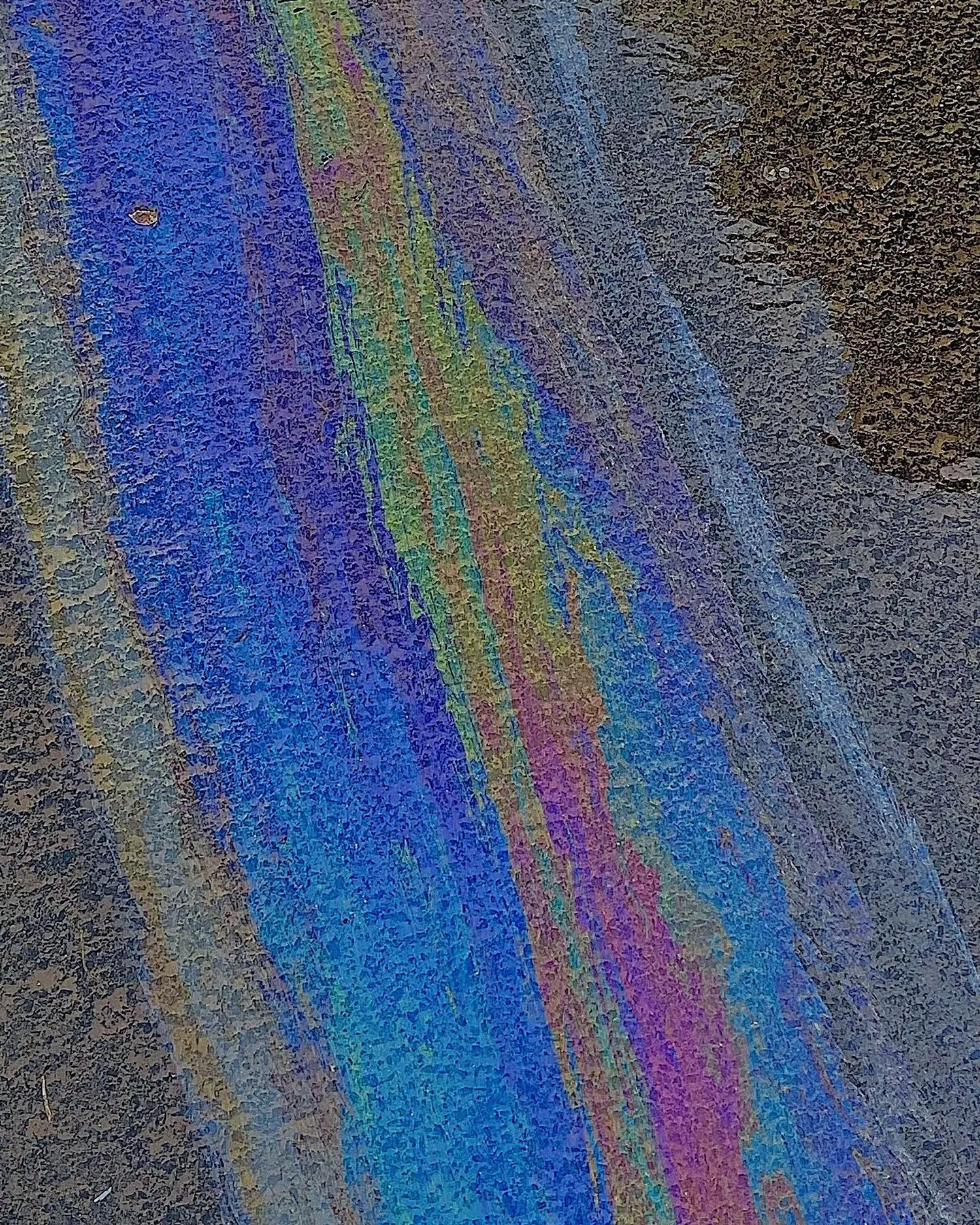New research reveals how uncultured marine microbes break down hydrocarbons

Every year, hundreds of millions of litres of oil is released into the ocean raising global concerns for the adverse effects oil pollution has on the marine biology and ecosystem. This oil can originate from both natural and anthropogenic sources such as the Deepwater Horizon (DWH) oil spill and worryingly, would be enough to cover the world's oceans in a thin layer of oil! The consumption and degradation of oil by marine microbes is a very important ecosystem service, both in terms of marine environmental health and to capture greenhouse gases. Previously links between microbe taxonomy and hydrocarbon degradation capabilities were mostly based on cultivation studies, resulting in a knowledge gap on the ability of uncultured marine microbes to degrade hydrocarbons.
Now researchers from Florida State University and University of Queensland have utilised non-cultivation-based omics data to investigate novel genomes of uncultured marine microbes that are involved in the degradation of oil and gas. Their analysis has revealed globally distributed hydrocarbon-degrading marine microbes with clade-specific substrate degradation potentials that have not been previously reported. Their research suggests the oceans harbour a diversity of hydrocarbon-degrading bacteria, which can act as primary agents regulating ecosystem health and in turn allows for better prediction of the fate of oil and gas, leading to a greater understanding of the ecological consequences to the marine environment.
Learn more:
Howe, K.L., Zaugg, J. and Mason, O.U. (2024). Novel, active, and uncultured hydrocarbon-degrading microbes in the ocean. Applied Environmental Microbiology 90: e01224-24. DOI: https://doi.org/10.1128/aem.01224-24.